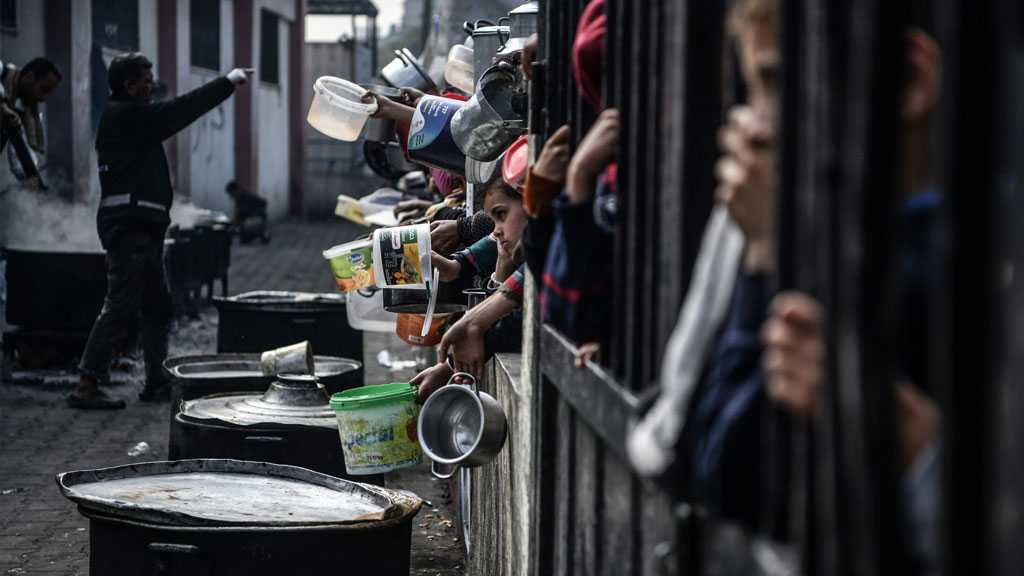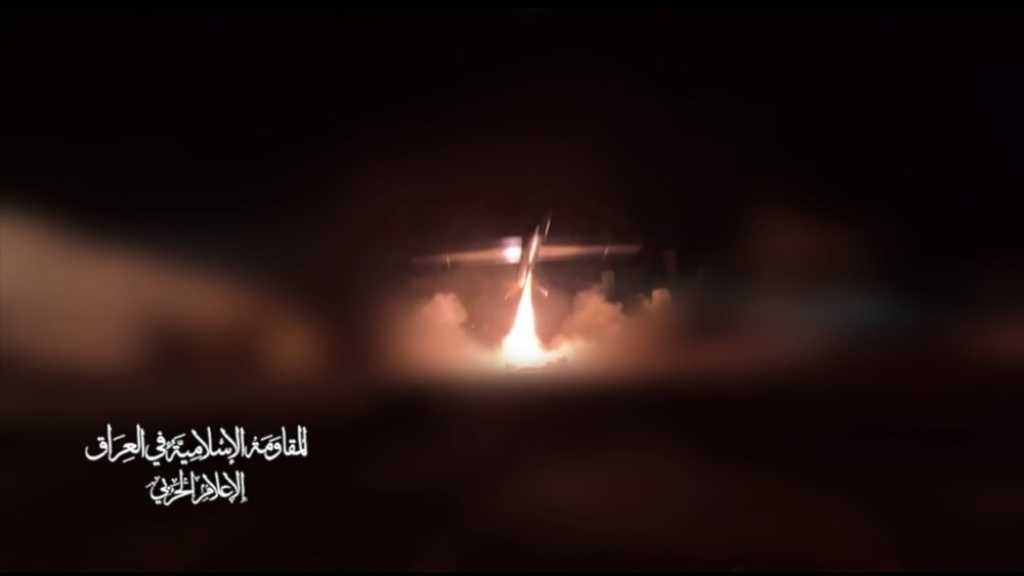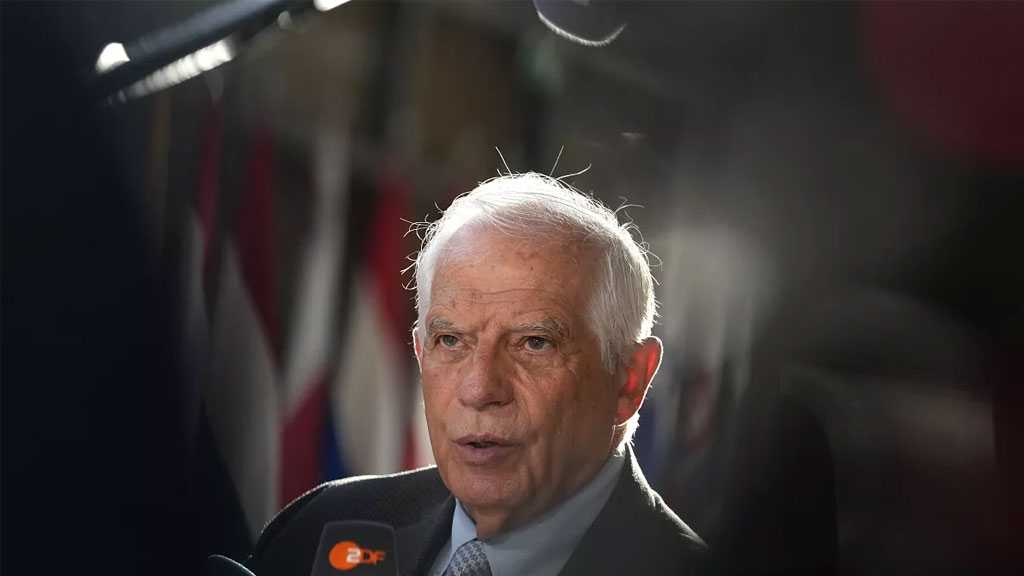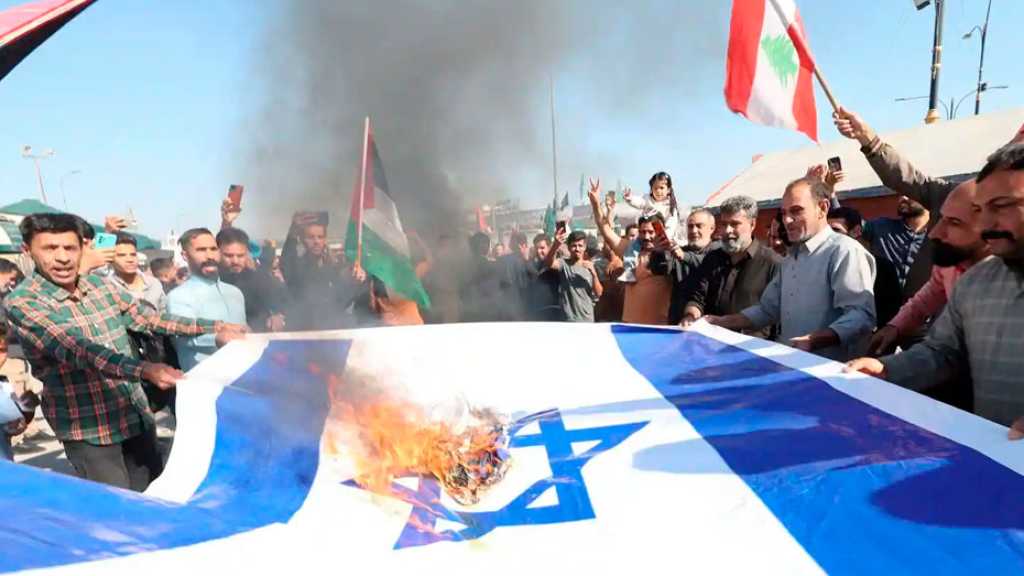Bloomberg: Gulf States Are Backpedaling on Iran
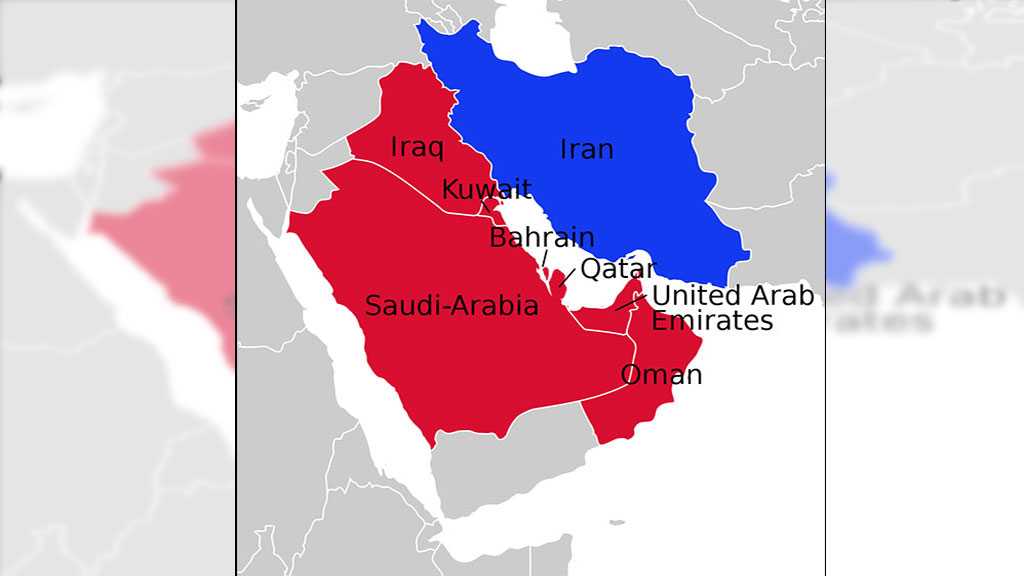
By Staff, Bloomberg
An expanded soccer tournament, a direct flight, clandestine meetings and a pledge to release prisoners of war; diplomacy is breaking out as Gulf Arab nations back away from a Donald Trump-inspired confrontation with Iran. And the signs are everywhere.
Last week, Saudi Arabia, the United Arab Emirates and Bahrain played their first games of the 2019 Arabian Gulf Cup in Qatar after a last-minute decision to take part.
Meanwhile, Oman is quietly hosting high-level meetings, and even Iranian President Hassan Rouhani has hinted at direct channels with the UAE.
Spooked by the prospect of a catastrophic war with Iran and its allies across the region, Gulf monarchies are in the midst of a strategic rethink. The UAE, whose economic model relies in large part on its international links, quickly realized it had most to lose from a military escalation. It had pulled out most of its troops from Yemen by the end of a turbulent summer that saw oil tankers targeted and a US drone downed in the Gulf without significant American response.
While the humanitarian catastrophe unleashed by the war on Yemen trained an unwelcome spotlight on Saudi Arabia, it took a brazen strike on Saudi oil installations – which knocked out half the country’s crude production – to ram home the risks and prove that Trump was not about to ride to his allies’ rescue.
“The attacks shattered any illusion of this magical US security umbrella,” said David Roberts, an assistant professor at King’s College London who studies the Gulf. “It burst the bubble and showed that Iran had the willingness to both do something astonishing like the attack on Aramco facilities and the capability to carry it out.”
In the meantime, the Trump administration withdrew last year from the Joint Comprehensive Plan of Action [JCPOA], known commonly as the 2015 Iran nuclear deal and re-imposed sanctions that have crippled its oil exports.
Rolling back Iran’s power remains a priority for the Gulf Arab leadership. There’s an increasing recognition, however, that no one stands to gain from a military escalation in the world’s top oil-exporting region.
In search of a breakthrough, Pakistani Prime Minister Imran Khan, shuttled between Tehran and Riyadh in October. He met Leader of the Islamic Revolution His Eminence Imam Sayyed Ali Khamenei and Iranian President Sheikh Hassan Rouhani, as well as Saudi Arabia’s King Salman and Crown Prince Mohammad bin Salman [MBS], describing talks as “encouraging.”
As they explore ways forward, Gulf States are moving at different speeds.
The UAE broke with the US and Saudi Arabia by not naming Iran as the culprit behind attacks in May and June on oil tankers as they sailed toward the Strait of Hormuz, the world’s foremost oil shipping chokepoint.
It sent coast guard officials to Iran for the first time in six years and Rouhani hinted at other meetings with senior UAE officials. “We’re moving toward improved relations,” he said Oct. 14. Saudi Arabia is catching up.
However, where the US holds back, others are crowding in. Russian President Vladimir Putin has forged a partnership with Iran, created an oil alliance with Saudi Arabia and built ties with Egypt’s Abdel-Fattah El-Sisi, who was warned by the US last month against plans to purchase Russian jets.
Putin traveled to Saudi Arabia and the UAE in October after visits by the Saudi king and the UAE’s de-facto leader Mohammad bin Zayed to Moscow. The two Gulf countries and Russia have signed deals valued at billions of dollars.
For Iran’s Rouhani, the case for regional engagement is obvious.
“Don’t you know that Iran is going to stay here and we will remain neighbors throughout history?” he has said, referring to Iran’s Arab neighbors. “Trump will only be around for a few years and will go back to whatever it was he was doing.”

